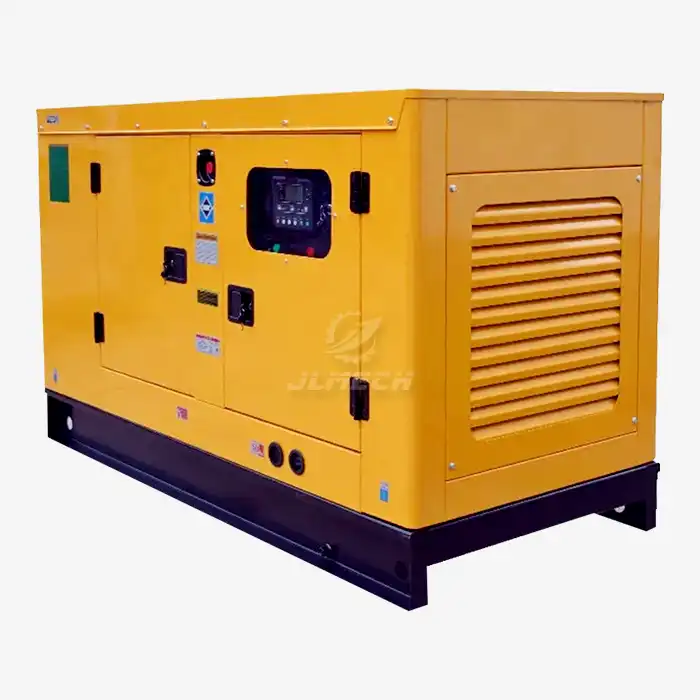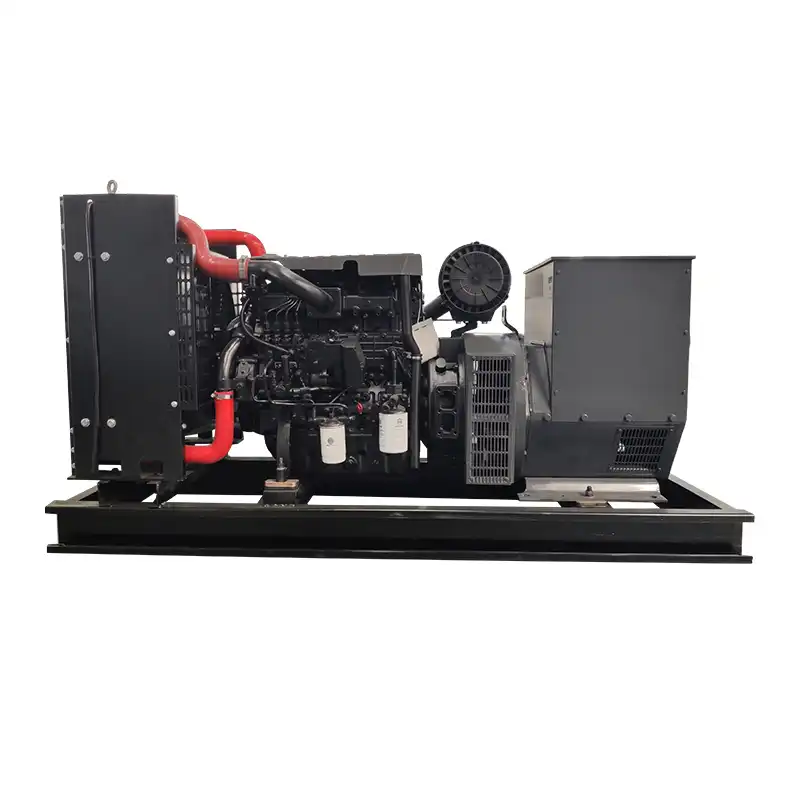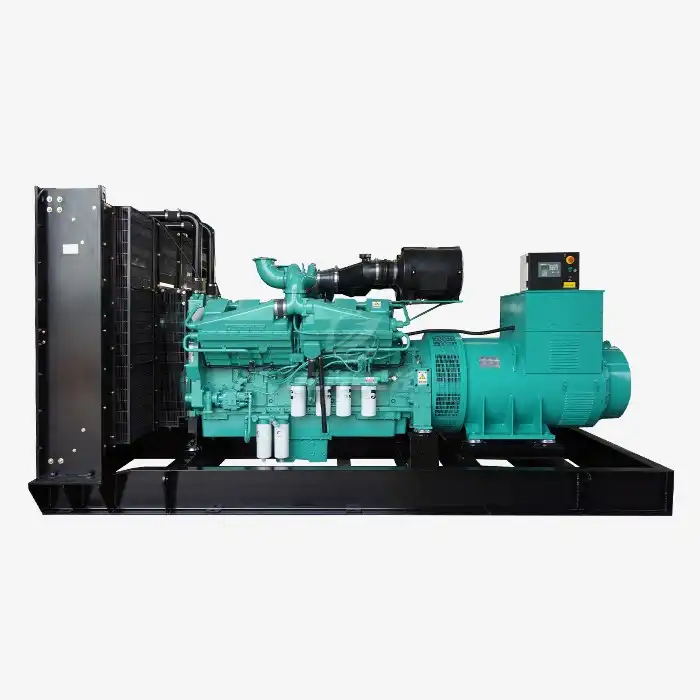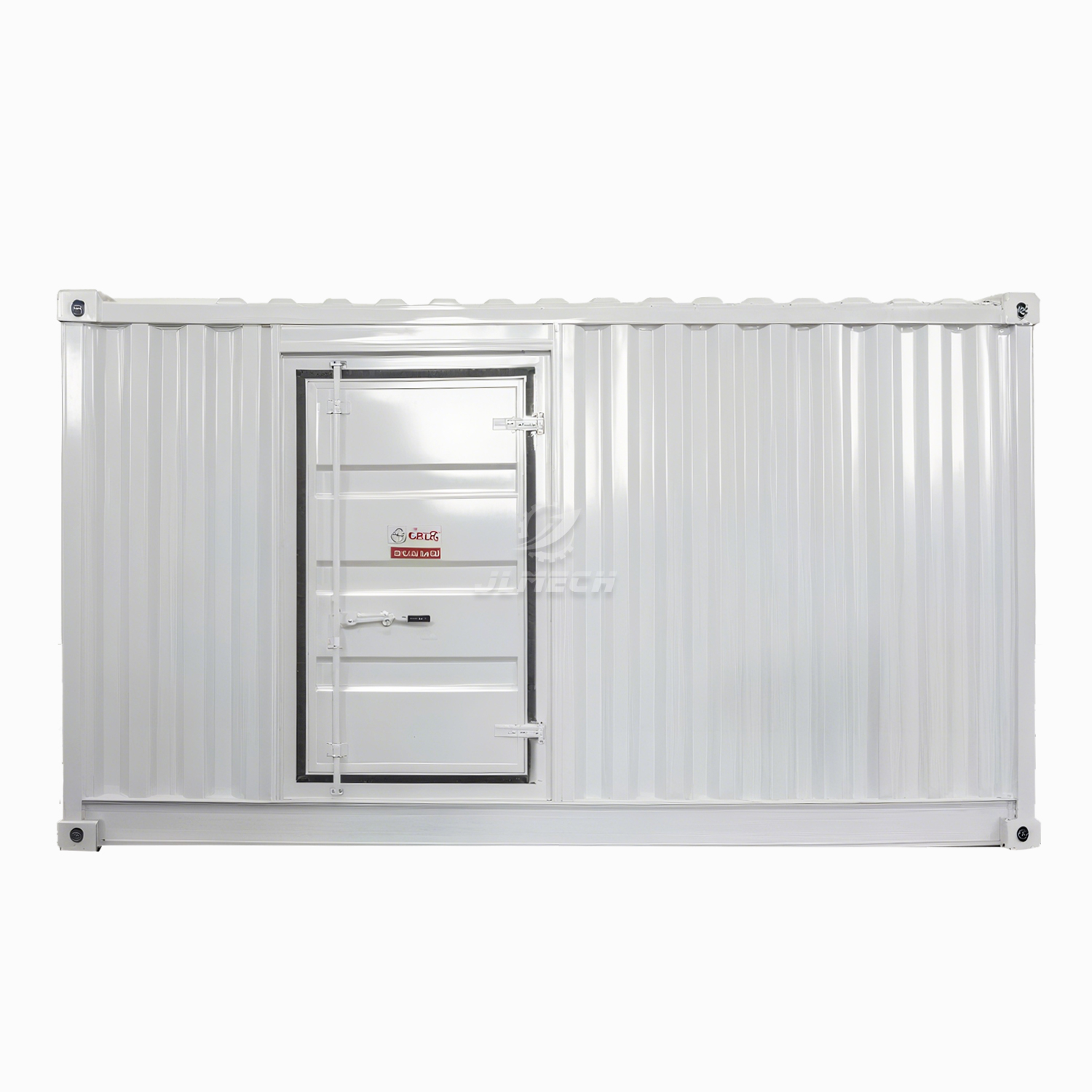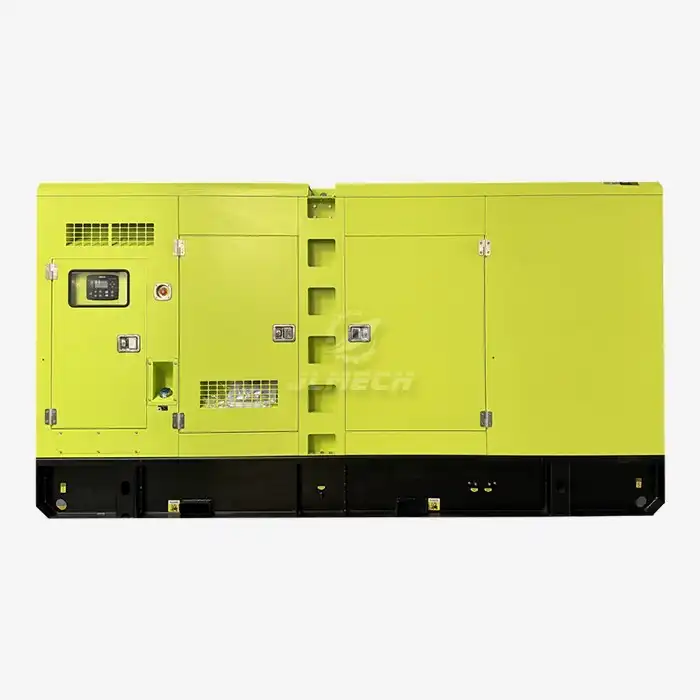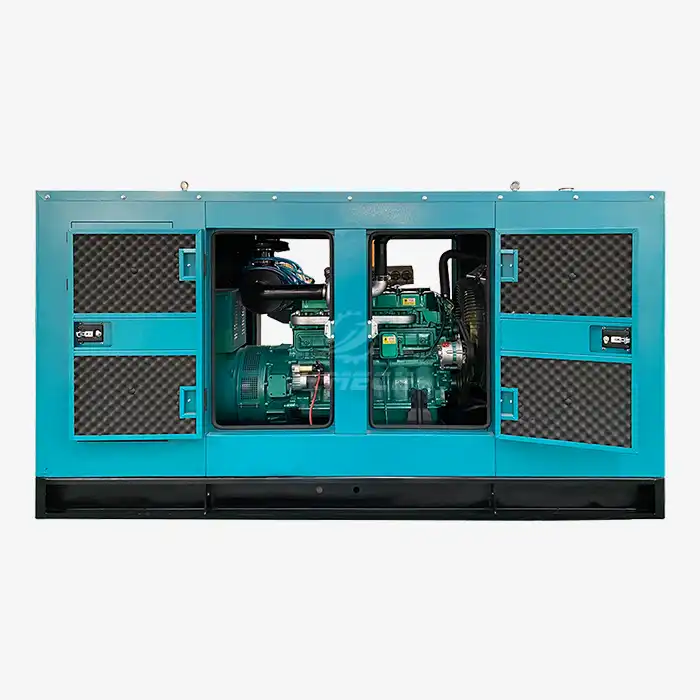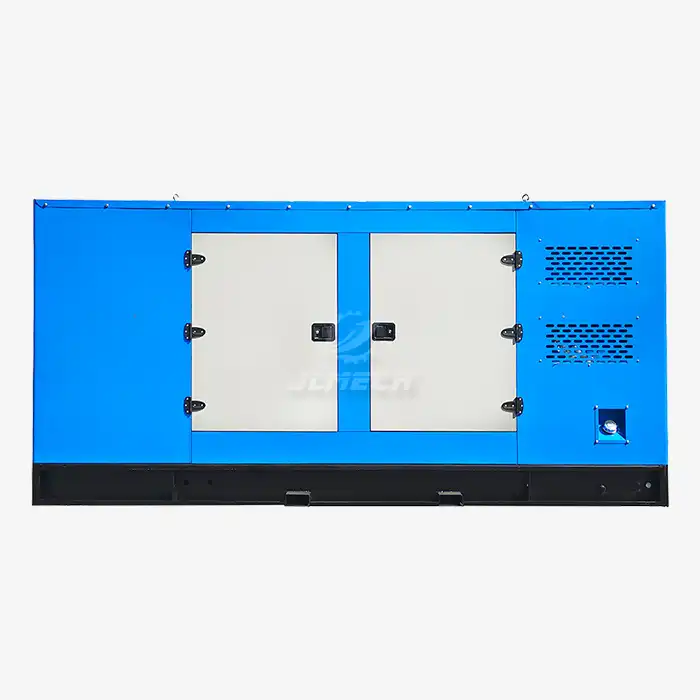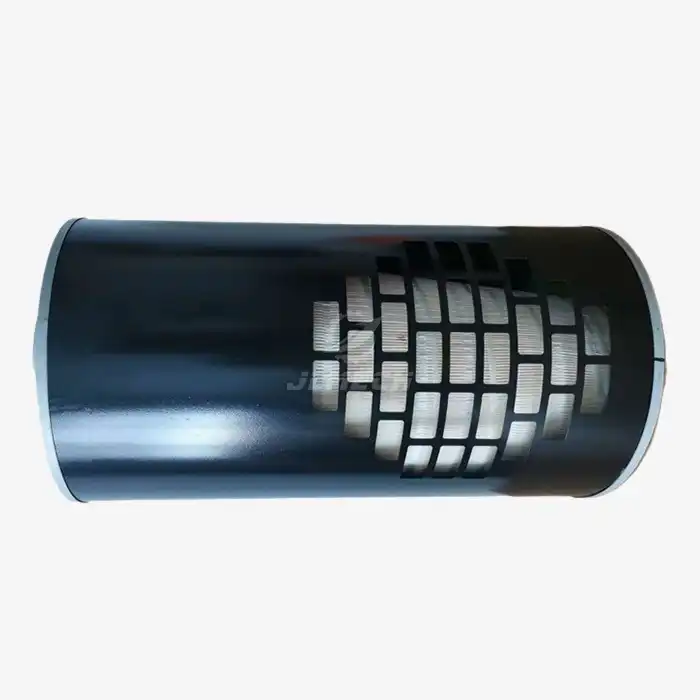What is the RPM of a diesel generator?
The RPM (Revolutions Per Minute) of a diesel generator is typically either 1500 RPM or 1800 RPM for most standard industrial and commercial applications. This speed is directly tied to the electrical output frequency: 1500 RPM produces 50 Hz (common in most countries outside North America), while 1800 RPM produces 60 Hz (standard in North America and several other regions). Maintaining the correct RPM is absolutely essential for generating stable and reliable power that meets the requirements of connected equipment. Understanding and maintaining proper RPM helps prevent the dangerous and inefficient state of a low rpm diesel generator.
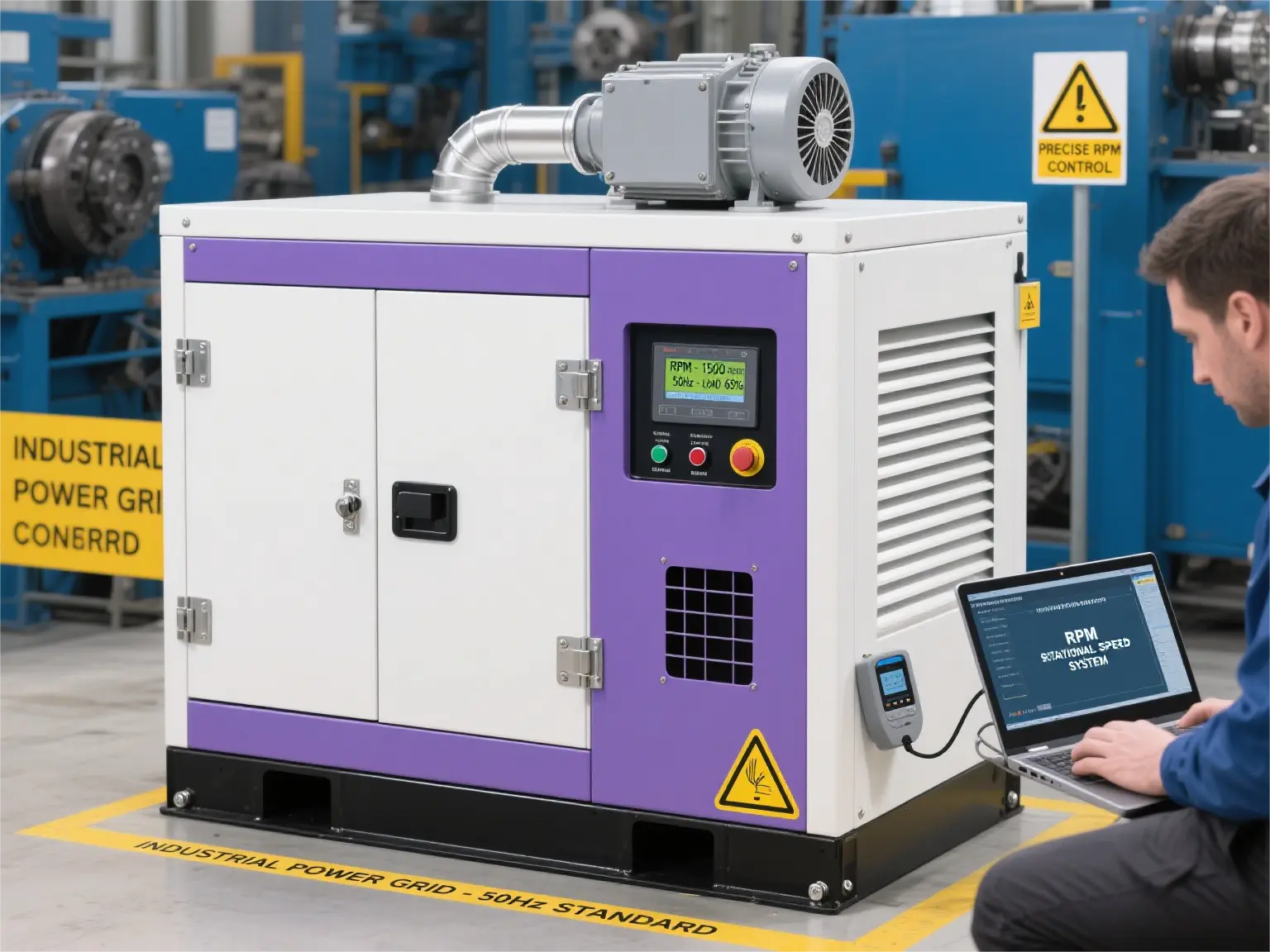
The Technical Principle Made Simple
The relationship between engine speed and electrical output is fundamental to generator operation:
The Basic Rule: The generator's engine spins a magnet inside a coil of wire to create electricity. The speed of rotation determines how frequently the electrical current changes direction each second (Hz).
The Formula Simplified: For a standard 4-pole generator, the formula is: Frequency (Hz) = (RPM) / 60. This is why 1800 RPM gives 60 Hz and 1500 RPM gives 50 Hz.
The Governor's Role: A mechanical or electronic device called a governor constantly adjusts the engine's fuel supply to keep the RPM stable, even as the electrical load on the generator changes.
If the governor malfunctions or the engine is overloaded, it can result in a low rpm diesel generator, which produces the wrong frequency and can damage both the generator itself and any equipment connected to it.
RPM Variations Across Different Applications
While 1500 and 1800 RPM are standards, the ideal RPM can vary based on the generator's purpose:
Standby/Prime Power Generators (1500/1800 RPM): These units prioritize engine longevity, fuel efficiency, and lower noise levels. The robust construction of a low rpm diesel generator in this category is designed for extended operation and durability.
High-Speed Generators (3000+ RPM): Often found in smaller, portable units. They are lighter and more compact but experience higher engine wear and are typically noisier, making them less suitable for continuous use.
Marine Generators: May use various RPMs to match specific space, weight, and power requirements on a vessel, though many also use standard speeds.
Choosing the correct RPM is a balance between physical size, cost, engine life, and the specific power quality needs of the application.
The Critical Role of Maintenance
Preventing RPM issues, especially low RPM, is far easier and cheaper than repairing the damage it causes. Here’s what you can do:
Regularly Check and Replace Filters: A clogged air filter restricts oxygen, and a dirty fuel filter restricts fuel. Both can starve the engine, causing it to slow down and become a low rpm diesel generator.
Use Clean, High-Quality Fuel: Contaminated or old fuel can clog filters and injectors, leading to poor combustion and a drop in RPM.
Avoid Overloading: Never exceed the generator’s rated wattage. Overloading is a primary cause of the engine slowing down significantly.
Listen and Observe: Unusual changes in engine sound or fluctuations in light brightness from the output can be early signs of an RPM problem.
Schedule Professional Servicing: Regular maintenance by a certified technician includes checking the governor calibration, fuel injectors, and other critical components to ensure RPM remains stable.
Conclusion
The RPM of a diesel generator is a fundamental specification that directly dictates the quality and safety of the electrical power it produces. Understanding why it matters and how to maintain it is key to ensuring reliable operation and protecting your valuable equipment from the damaging effects of incorrect speed.
At JLMECH, we combine extensive expertise in power generation with an unwavering commitment to quality and performance. Our team is dedicated to providing not only superior generators but also the knowledge and support to keep them running perfectly.
If you are experiencing RPM issues or want to prevent them, our expert team is here to help. Email us at skala@whjlmech.com to consult with our engineers or learn more about our reliable and efficient diesel generator solutions.
References
International Electrotechnical Commission. (2018). *IEC 60034-1: Rotating electrical machines - Part 1: Rating and performance*.
International Organization for Standardization. (2018). *ISO 8528-5:2018 Reciprocating internal combustion engine driven alternating current generating sets - Part 5: Generating sets*.
Johnson, M. (2022). Emergency Power Systems: A Comprehensive Guide to High-Speed Diesel Generators. Power Engineering Quarterly, 45(3), 78-92.
National Fire Protection Association. (2022). NFPA 110: Standard for Emergency and Standby Power Systems.



